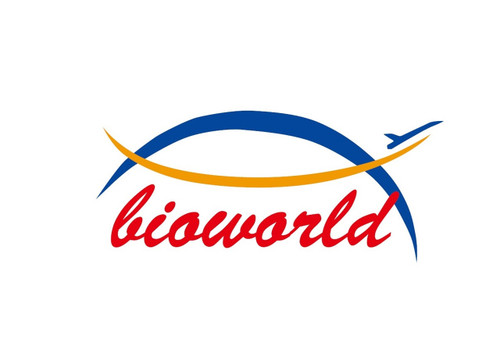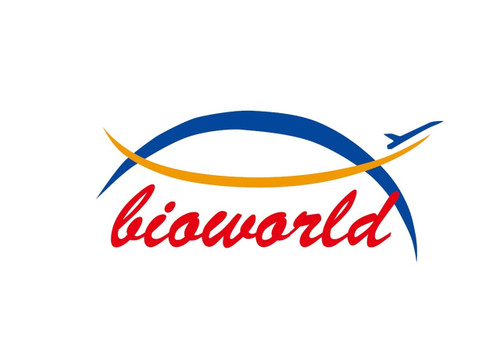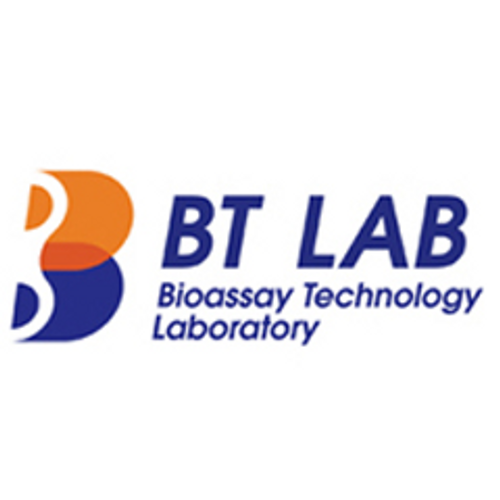Product Description
FGFR1 monoclonal Antibody | MB63292 | Bioworld
Host: Mouse
Reactivity: Human, Mouse, Rat
Application: WB
Application Range: WB 1:2000
Background: The protein encoded by this gene is a member of the fibroblast growth factor receptor (FGFR) family, where amino acid sequence is highly conserved between members and throughout evolution. FGFR family members differ from one another in their ligand affinities and tissue distribution. A full-length representative protein consists of an extracellular region, composed of three immunoglobulin-like domains, a single hydrophobic membrane-spanning segment and a cytoplasmic tyrosine kinase domain. The extracellular portion of the protein interacts with fibroblast growth factors, setting in motion a cascade of downstream signals, ultimately influencing mitogenesis and differentiation. This particular family member binds both acidic and basic fibroblast growth factors and is involved in limb induction. Mutations in this gene have been associated with Pfeiffer syndrome, Jackson-Weiss syndrome, Antley-Bixler syndrome, osteoglophonic dysplasia, and autosomal dominant Kallmann syndrome 2. Chromosomal aberrations involving this gene are associated with stem cell myeloproliferative disorder and stem cell leukemia lymphoma syndrome. Alternatively spliced variants which encode different protein isoforms have been described; however, not all variants have been fully characterized. [provided by RefSeq, Jul 2008]
Storage & Stability: PBS (PH 7.3) containing 1% BSA, 50% glycerol and 0.02% sodium azide.
Specificity: fibroblast growth factor receptor 1
Molecular Weight: 89.4 kDa (Predicted)
Note: For research use only, not for use in diagnostic procedure.
Alternative Names: bFGF-R-1; BFGFR; CD331; CEK; ECCL; FGFBR; FGFR-1; FLG; FLT-2; FLT2; HBGFR; HH2; HRTFDS; KAL2; N-SAM
Immunogen: Human recombinant protein fragment corresponding to amino acids 1-376 of human FGFR1 (NP_075598) produced in SF9 cell.
Conjugate: Unconjugated
Modification: Unmodification
Purification & Purity: Purified from mouse ascites fluids or tissue culture supernatant by affinity chromatography (protein A/G)
Pathway: N/A
 Euro
Euro
 USD
USD
 British Pound
British Pound
 NULL
NULL












